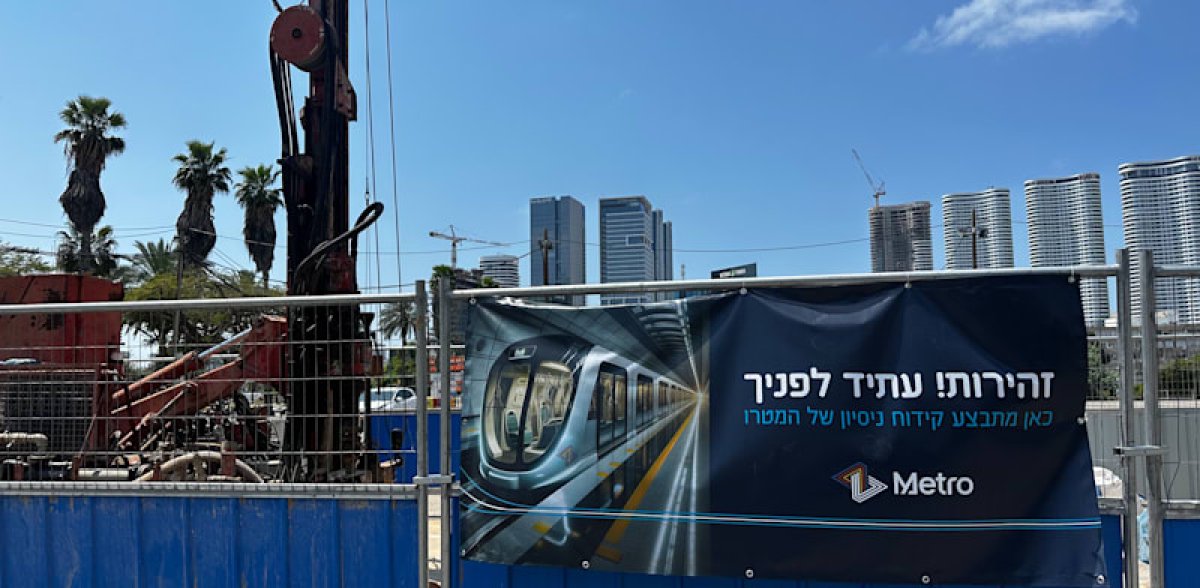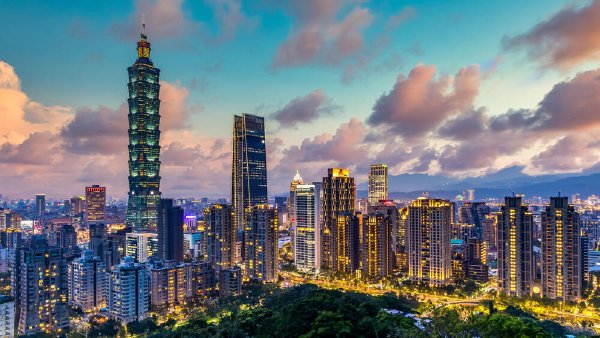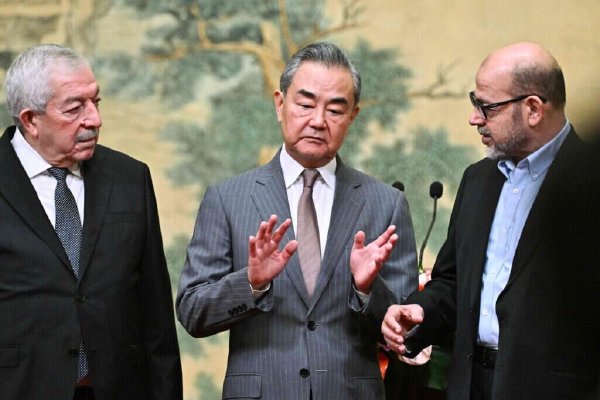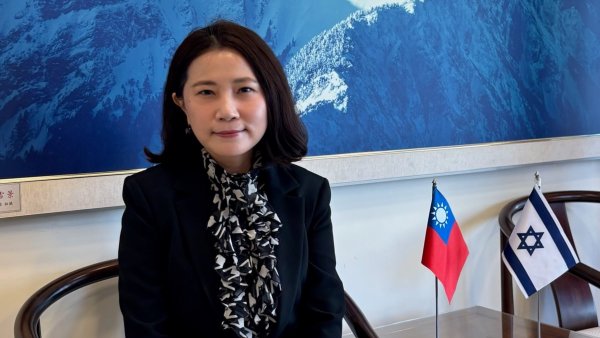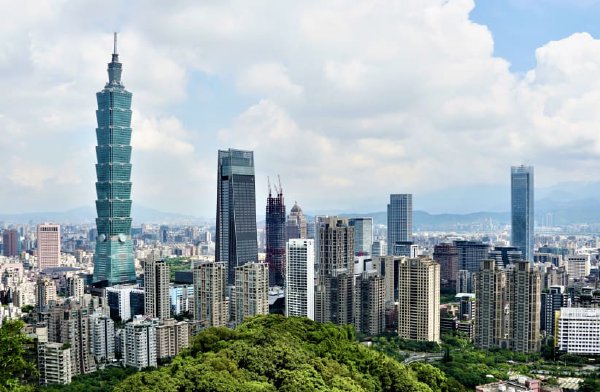Israel’s ambitious infrastructure projects are caught in the crossfire of US-China geopolitical competition, creating unexpected opportunities for South Korean companies to enter the Israeli market. The recent cancellation of a Chinese railcar supplier for Jerusalem’s light rail project highlights how US security concerns are reshaping infrastructure partnerships in Israel.
The Jerusalem Light Rail Crisis#
The Jerusalem light rail Blue Line project faced an abrupt disruption when Israel’s Finance Ministry accountant general canceled an agreement that would have seen Chinese state-owned company CRRC supply passenger carriages. The winning consortium of Dan and Danya Cebus had turned to CRRC after Polish manufacturer PESA withdrew from the project in 2024, citing increased business risks in Israel and the country’s credit rating downgrade.
The Chinese supplier had initially offered a more competitive bid than South Korea’s Hyundai Engineering, a subsidiary of Hyundai Engineering and Construction (market cap: $32 billion). Israeli officials initially believed Hyundai was reluctant to operate in Israel due to the ongoing security situation, making the Chinese option appear more practical.
US Pressure Reshapes the Playing Field#
The cancellation came after sustained pressure from the US government, which has implemented a comprehensive policy to exclude Chinese state-owned enterprises from critical infrastructure projects. US federal law prohibits the use of federal funds to purchase rail rolling stock from Chinese SOEs like CRRC, citing both national security and economic competition concerns.
American policymakers worry that Chinese companies could exploit their participation in infrastructure projects for industrial espionage or cyber vulnerabilities. There are also concerns about unfair competition, as CRRC can undercut rivals through government subsidies and below-market state financing.
The US has extended this policy beyond its borders, pressuring allies to adopt similar exclusions to protect collective security interests and prevent Chinese influence over critical infrastructure networks.
Hyundai’s Strategic Interest#
Contrary to Israeli officials’ initial impressions, Hyundai Engineering has demonstrated strong interest in entering Israel’s infrastructure market. Before the decision to approve Chinese carriages, the Korean company sent multiple letters expressing support for Israeli projects and willingness to participate despite offering higher bids.
Hyundai Engineering brings substantial global experience to the table, having completed over 110 subway and railway projects worldwide, including:
- Panama Metro Line 3: A $2.5 billion project, the company’s largest Central American infrastructure undertaking, scheduled for completion in 2025
- Hanoi Metro Line 3: Vietnam’s first metro project using Tunnel Boring Machine (TBM) technology
- North-South Commuter Railway (NSCR) in the Philippines: Multiple elevated sections and stations
- South Korean domestic network: Extensive experience with the Honam Express Railway, Pohang-Samcheok Railway, and other major projects
According to industry sources, Shaul Bitterman—who previously represented Chinese companies in Israel and now represents Korean and Indian firms including Hyundai—brought the Korean company’s bid to US attention, highlighting that viable alternatives to Chinese suppliers exist.
The Metro Project Challenge#
The struggle over Jerusalem’s light rail carriages is merely a preview of larger battles ahead. Israel’s planned Tel Aviv Metro represents the country’s most ambitious infrastructure project ever, with a scope that dwarfs current light rail initiatives:
- 150 kilometers of underground tunnels across three lines (M1, M2, M3)
- 109 stations serving 24 municipalities in the Tel Aviv metropolitan region
- 22 Tunnel Boring Machines (TBMs) required for simultaneous excavation
- Expected to serve over 2 million passengers daily (approximately 450 million trips annually)
- Estimated cost: NIS 150-200 billion (approximately USD 40-55 billion)
Construction tenders for the Metro are expected to be published in 2026-2027, with the first public service not anticipated before 2040. However, government sources indicate a critical shortage of engineering personnel capable of managing such a massive undertaking.
Personnel Shortage Complicates Matters#
Despite government delegations traveling to India and South Korea over the past two years to attract foreign companies, market assessments reveal a severe shortage of qualified engineering personnel. Operating 22 TBM machines to dig 300 kilometers of subway tunnels requires specialized expertise that remains scarce.
Currently, only a single-digit number of companies compete in Israel’s infrastructure market, and they’re already committed to other projects. The Metro will require international expertise regardless of which companies win contracts.
Some Israeli industry observers express concern that the government’s policy toward Chinese companies prioritizes US strategic interests over practical Israeli needs. China’s exclusion may satisfy Washington, but it compounds the challenge of finding sufficient qualified contractors and personnel for Israel’s infrastructure ambitions.
A Potential Solution: CRRC’s US Facilities#
One compromise being explored involves having CRRC manufacture carriages at its facilities in the United States rather than in China. This could potentially satisfy US security concerns while providing access to CRRC’s competitive pricing and technical capabilities.
However, this solution doesn’t address the broader question of Chinese participation in the Metro excavation work, where the engineering expertise shortage is most acute.
What This Means for Asian Business in Israel#
The infrastructure controversy reveals both opportunities and constraints for Asian companies operating in or considering entry to the Israeli market:
For Korean companies: Hyundai Engineering’s potential entry signals growing Korea-Israel economic ties beyond the existing strong relationships in technology and defense sectors. If Hyundai successfully competes for Metro contracts, it could pave the way for other Korean infrastructure firms.
For Chinese companies: Despite China’s significant construction capabilities and competitive pricing, state-owned enterprises face effective exclusion from Israeli infrastructure projects due to US pressure. Private Chinese companies may have better prospects, though they’ll face intense scrutiny.
Geopolitical reality: Israel’s infrastructure sector increasingly operates within the framework of US-China strategic competition, regardless of purely economic or technical considerations. Asian companies seeking Israeli contracts must navigate not just local requirements but also broader geopolitical alignments.
The Jerusalem light rail carriage procurement crisis offers a preview of the complex calculations ahead. As Israel moves toward publishing Metro tenders in coming years, the balance between security concerns, economic competitiveness, personnel availability, and geopolitical pressures will shape which Asian companies ultimately help build Israel’s transportation future.
Source: Globes
